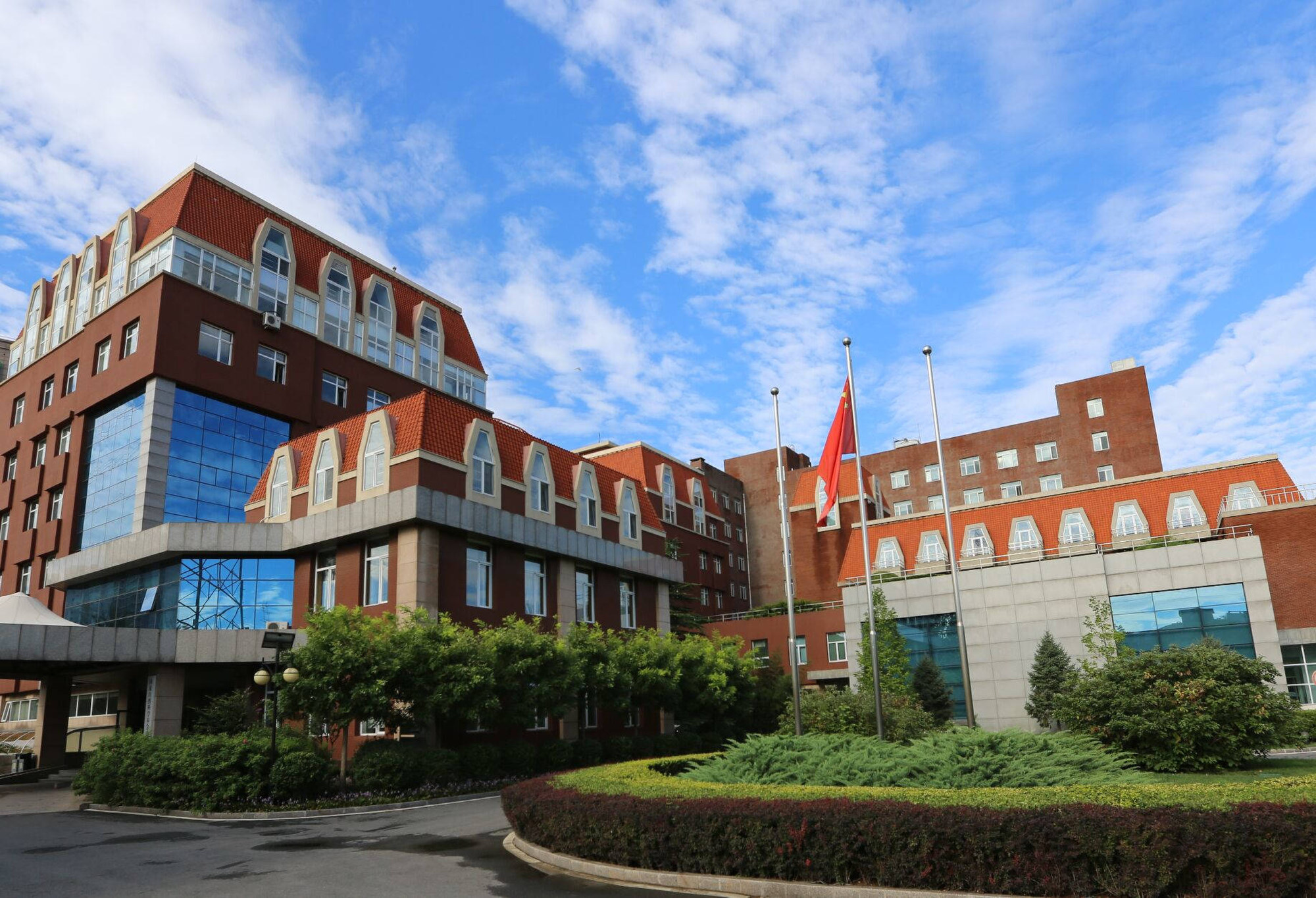
Goodbye to science funding bias in China? Graft-busters target the practice of ‘saying hello’
- The CCDI and a top funding body are trying to stop applicants from using personal connections to influence decision makers
- Two dozens forms of solicitation have been banned and new rules introduced into the review process
China’s science community could be saying goodbye to the practice of “saying hello” to funding reviewers if the country’s top graft-busters have their way.
“Saying hello” involves funding applicants trying to approach and influence funding reviewers through personal connections.
The foundation, which comes under the Ministry of Science and Technology, is a major domestic source of funding for basic research and uses a panel of reviewers to decide which projects to support.
The reviews are based on an applicant’s track record, rather than just on the value of the project, and some applicants seek out the reviewers to try to sway their decision.
According to a report by the foundation in July last year, over 70 per cent of reviewers surveyed in 2021 said they had been approached during a project review.
The foundation said earlier this month that since the start of the joint task force with the CCDI it had received 58 complaints about such approaches. The cases were investigated and those involved in misconduct were suspended temporarily from the funding process.
The foundation has also released a list of two dozen types of “solicitation” that are now banned, and made a number of changes to the review process.
For example, applicants are not allowed to stay in the same hotel as reviewers during the assessment process, and reviewers must surrender their electronic devices such as mobile phones to hotel staff throughout their stay.
Also, the reviewers will not know who the applicants are until they enter the meeting room.

Science has become a national focus, with rivalry with the West fuelling a push for self-reliance.
China is the world’s second-biggest spender on research and development, outlaying more than 3 trillion yuan (US$417 billion) last year, or 2.55 per cent of its gross domestic product, according to the National Bureau of Statistics.
Nevertheless, competition for funding from the foundation has grown. From 2011 to 2016, about 24 per cent of applicants received support but by 2021, that rate had dropped to 16.51 per cent.
A professor who studies the sociology of science said few researchers benefited from the system because of its “winner-takes-all” structure.
The academic, who declined to be named, said those at the top, such as academicians and well-known principal investigators, routinely gained most of the resources.
Young scientists who could join these groups could secure funding while others had to battle it out.
Another researcher who studies scientific funding allocation and policies said the foundation’s rules were not new in the scientific community but the body’s new leadership had put more emphasis on them.
When he became the foundation’s director in April, Dou Xiankang said fairness and scientific principles were essential to the organisation and were fundamentally undermined by the practice of saying hello.
“If we fail to establish a robust review mechanism, it would deprive the most exceptional researchers of effective support, which could have a profound impact on basic research for China,” China Newsweek quoted Dou as saying.


